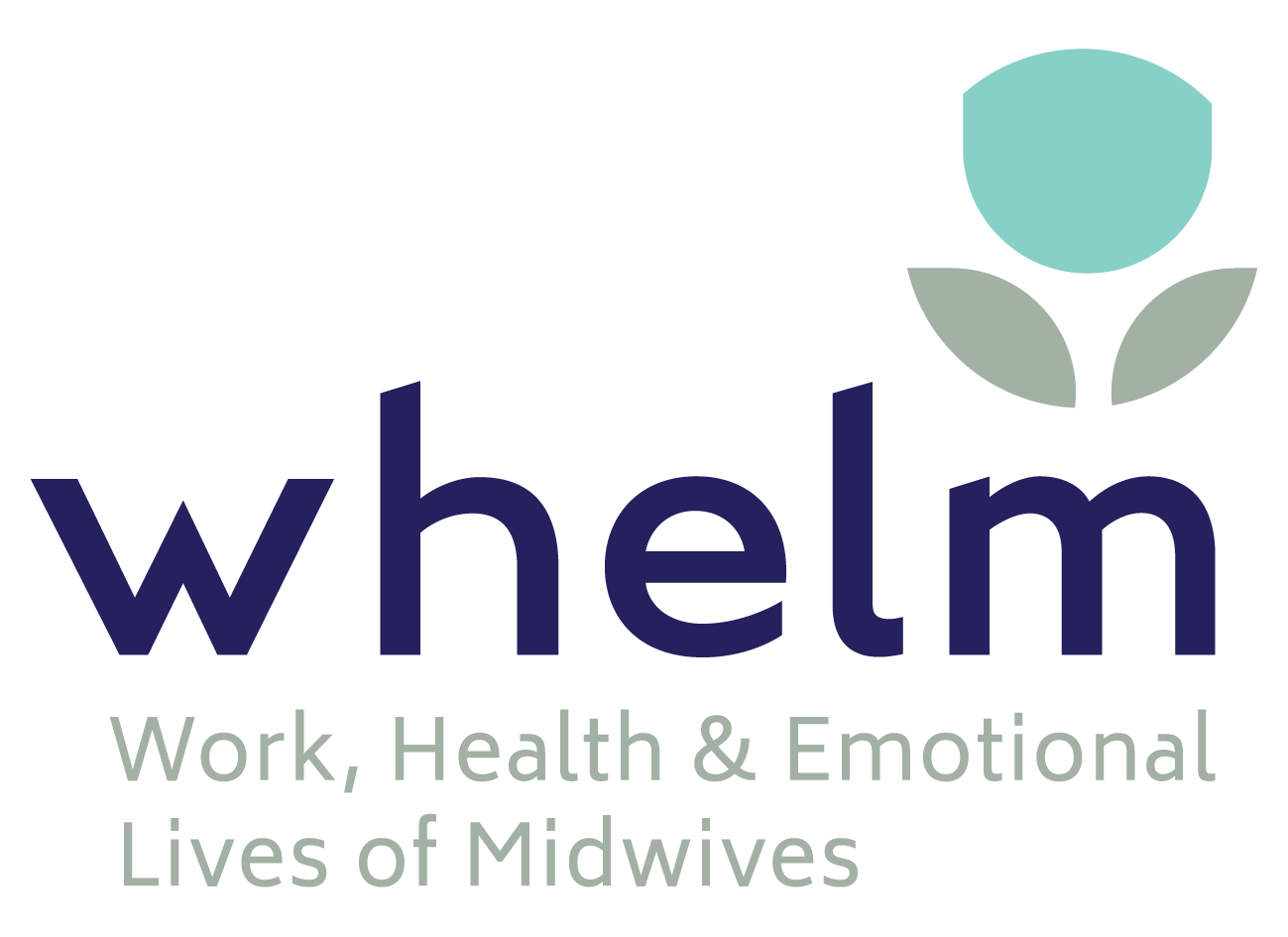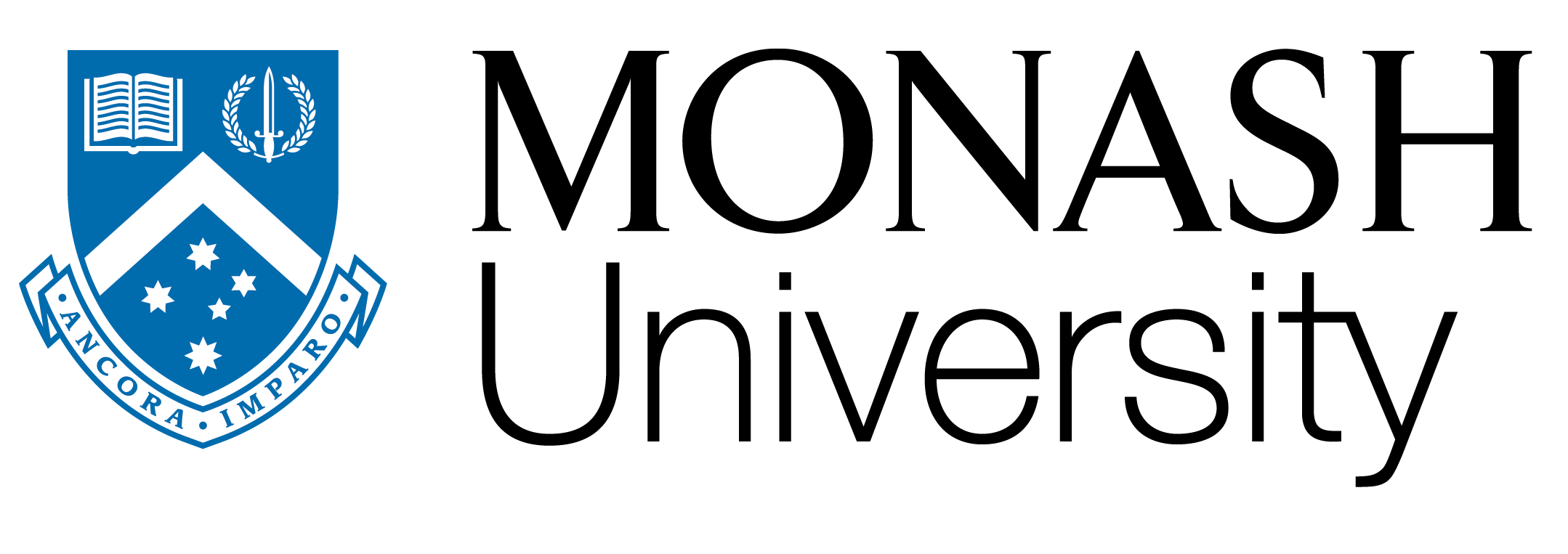Health Literacy
Health literacy is people’s knowledge, motivation and competence to access, understand, appraise and apply health information in order to make informed judgments and decisions about their health. This might include decisions about health care options, illness prevention or ways to improve their quality of life.
This project aims to improve and develop health literacy capability among women and their families in order to empower them to make better and more informed decisions about their care and health.
Publications:
Creedy DK, Gamble, J, Boorman R. & Allen J. (2020) Midwives’ knowledge and reported practices to assess and address maternal health literacy: A cross-sectional survey. Women & Birth, in press. https://doi.org/10.1016/j.wombi.2020.02.018
Study 1 – Measuring health literacy
There are many instruments measuring either health literacy in general or a dimension of health literacy (e.g. numeracy), health literacy related to specific issues (e.g. nutrition, diabetes) or health literacy in relation to specific populations (e.g. adolescents).
However, there is relatively little research on the health literacy of childbearing women. Furthermore, there are currently no instruments that specifically assess midwives’ understanding of health literacy and how they may assess women’s health literacy in practice.
Measurement and understanding of health literacy at the woman and clinician level may support midwives to better understand the needs of childbearing women and enable a deeper engagement with healthcare services.
We are developing a tool to measure midwives’ understanding of health literacy and are seeking expert opinion and conducting a national survey as part of this process.
Lead: Professor Debra Creedy
Contact: Dr Rhonda Boorman
Study 2 – Provision of training
Education and training is critical to raising midwives’ level of health literacy and to better detect women’s knowledge or skills relevant to the perinatal period.
Training on health literacy may assist midwives to provide improved care. The results of our forthcoming national survey will identify gaps in our understanding and help inform training content to achieve better learning processes and outcomes.







